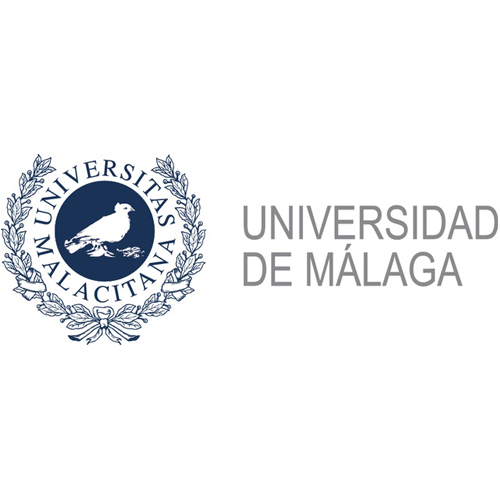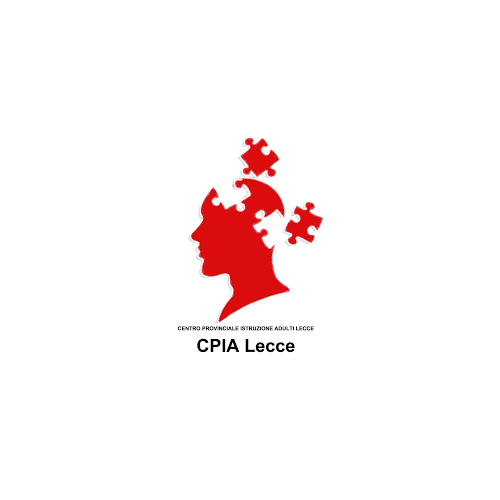Knowledge best practices
Responsible consumption on food
Basic
Good practices:
One of the cornerstones of responsible consumption applied to food is to avoid food waste. There are several applications that combat food waste by easily connecting consumers with traders and restaurateurs and enabling them to sell food products at a low price before they go bad and have to be thrown away or even products with aesthetic defects.
The most famous is definitely Too Good To Go, where you can buy boxes of unsold and near-expiry food products from supermarkets, grocery shops, greengrocers, restaurants, bars, bakeries, etc.
With Regusto, in addition to selling such products at a low price, you also have the opportunity to donate them to non-profit organisations and associations.
 |
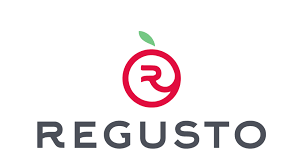 |
 |
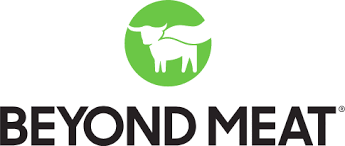 |
A slightly different app from the previous ones is UBO (Una Buona Occasione). This one compacts food waste by helping the confused and uncertain consumer on proper food storage: in UBO there are 500 foods, news, tips and advice on how, where and for how long to store them.
Another brand committed to sustainable and responsible food production is Beyond meat. Beyond meat sells hamburgers, minced meat, meatballs and plant-based sausages that taste incredibly similar to meat. Plant-based food not only protects and promotes the welfare of animals, but also of humans and the environment. These products are an excellent source of protein without cholesterol and their production requires far less water, land and energy than traditional meat burgers and has 90% fewer gas emissions.

Good practices:
The Capuchin Friars of Spain have promoted a project based on the idea of a local economy, ethical and respectful of human rights. The project is called Huerto Hermana Tierra and envisages the use of a large garden of two hectares, which had been abandoned for over 25 years, for sustainable cultivation. This garden is also a space for training and work experience in organic farming for immigrants and people with personal and social difficulties. These people are guaranteed economically and humanely dignified conditions and the acquisition of knowledge and skills that will improve their employability.
Another project recently launched in northern Italy, for example, babaco market, stems from the desire to avoid food waste and to value the work of ethical small local producers. Babaco market recovers fruit and vegetables that would be discarded from the distribution process due to aesthetic defects and resells them at a low price by sending 6 or 10 kg crates directly to subscribers' homes. Babaco market buys only from small local producers who work ethically and sustainably. It is clearly specified where each product comes from and why it was discarded.

Good practices:
A prime example of a socially committed brand is Brewgooder, founded by Adam and James in 2016. Brewgooder donates 100% of its profits to charity. Their mission is to ensure access to clean water for as many people as possible. Only from 2016 to 2018, they sold 750,000 Clean Water Lagers, thus managing to donate almost £50,000 to charity. These donations have helped fund various projects, thanks to which 40,000 people have been able to have better access to clean water, also involving schools and hospitals. On their beers, there are QR codes through which you can learn about the positive impact that you have made in the world by purchasing these beers and financing projects. You can also register on their website, create a profile and become part of this community of responsible beer-loving consumers.
 |
 |
Another example is Tony's Chocolonely. Teun van de Keuken founded this Dutch confectionery company in 2005. Van de Keuken was an investigative journalist and discovered that slavery, especially child slavery, is still widespread on cocoa plantations in West Africa. He calls it modern slavery and wants to combat it by setting a good example. Van de Keuken states that his chocolate basic ingredients are five:
1. Traceability of cocoa beans (always bought from partner cooperatives)
2. A high price (to ensure that farmers are paid commensurate with a decent standard of living)
3. Empowerment of farmers and cooperatives
4. Long-term contracts (lasting at least 5 years so that the cooperatives and farmers can safely invest to improve)
5. Quality and productivity (ensured by the motivation of the farmers, which is kept high through rewards and the trust placed in them)

Good practices:
The best way to eat sustainably and reduce one's environmental footprint is to take from nature what it can offer us without exploiting it. This is the principle behind the work of James Wood, founder of Totally Wild Food. The pickers of Totally Wild Food are experts in the ecosystems in which they work and only harvest small amounts of the wild food they find to allow the plants to regrow naturally. This makes it possible to trade high quality ingredients without exploiting farmland and with very few resources. In addition, James Wood and his team run cookery courses focusing on wild food and how to handle it.
Another extremely sustainable brand that works to minimise its environmental footprint is Biona. Biona started out almost 50 years ago as a small wholefoods shop and has since expanded to over 350 organic products. Their mission is to sell only organic food that has been processed as little as possible. Their headquarters are powered exclusively by renewable energy sources and more than half of their products are produced with clean energy. 93% of their packaging is recyclable and all ingredients are only imported by land or sea to reduce their carbon footprint.
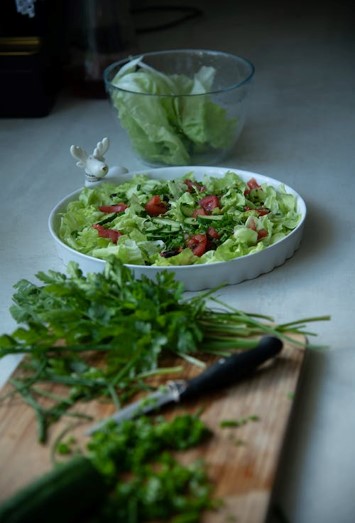 |
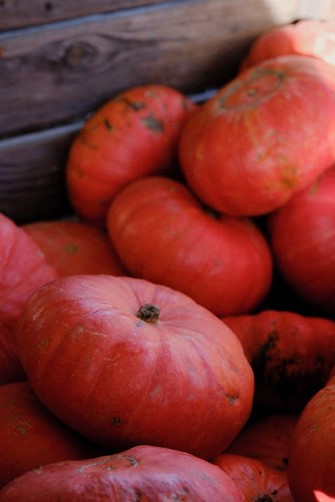 |
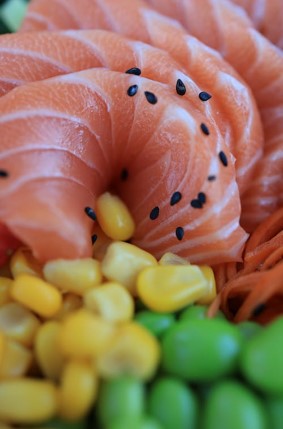 |


